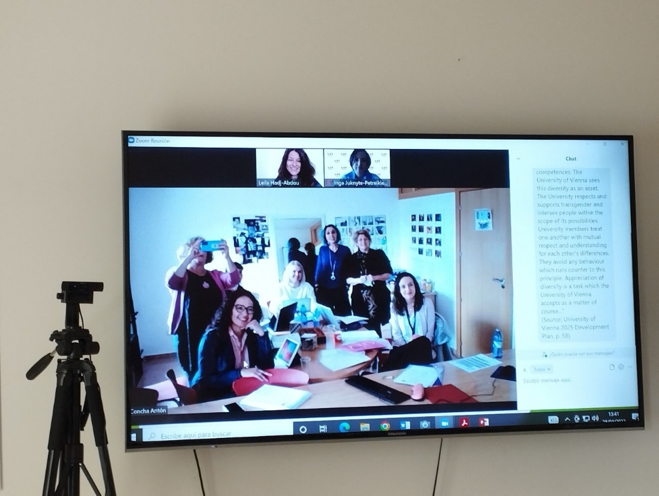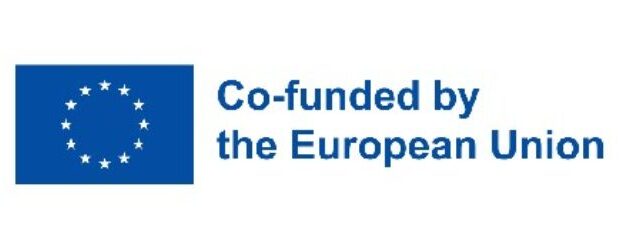In 2022, the HELCI project (Higher Education Learning Community for Inclusion) has started, co-financed by the Erasmus Plus program of the European Union.
Despite the progress and development of the “acquis communautaire” on Equality and Non-discrimination by the European Union, unequal treatment, racism and xenophobia, as well as other serious forms of intolerance have been growing within the European societies, as long as the continuous crises (economic, migratory and pandemic) have been exacerbating competition for public resources, elitism and hate speech and intolerance. Several studies and researchs have concluded that Universities are still places where discrimination (by gender, ethnic origin, sexual orientation, etc.) is unfortunately a regular phenomena.
The main goal of the project is to promote non-discrimination principles and European common values in Higher Education, boosting connections among Universities of different countries and elaboration (on co-production way) of inclusive and innovative contents that counteract xenophobic and racist speeches as well as other forms of intolerance, that Europe is facing.
Among its activities, the constitution of a Transnational Learning Community (TLC) stands out. TLC will meet virtually on a regular basis and will include experts from Universities, social movements and public institutions interested in promoting a roadmap to turn European Universities into truly inclusive Universities. and free from all kind of discriminations
The consortium, responsible of the project, is: The University of Salamanca (as coordinator), the University of Wien (Austria), the University of Mykolo Romerio from Vilnius (Lithuania), the Spanish Observatory on Racism and Xenophobia (OBERAXE) and Dinamia S. Coop
A first meeting took place in Salamanca past April 28th

